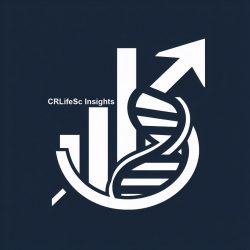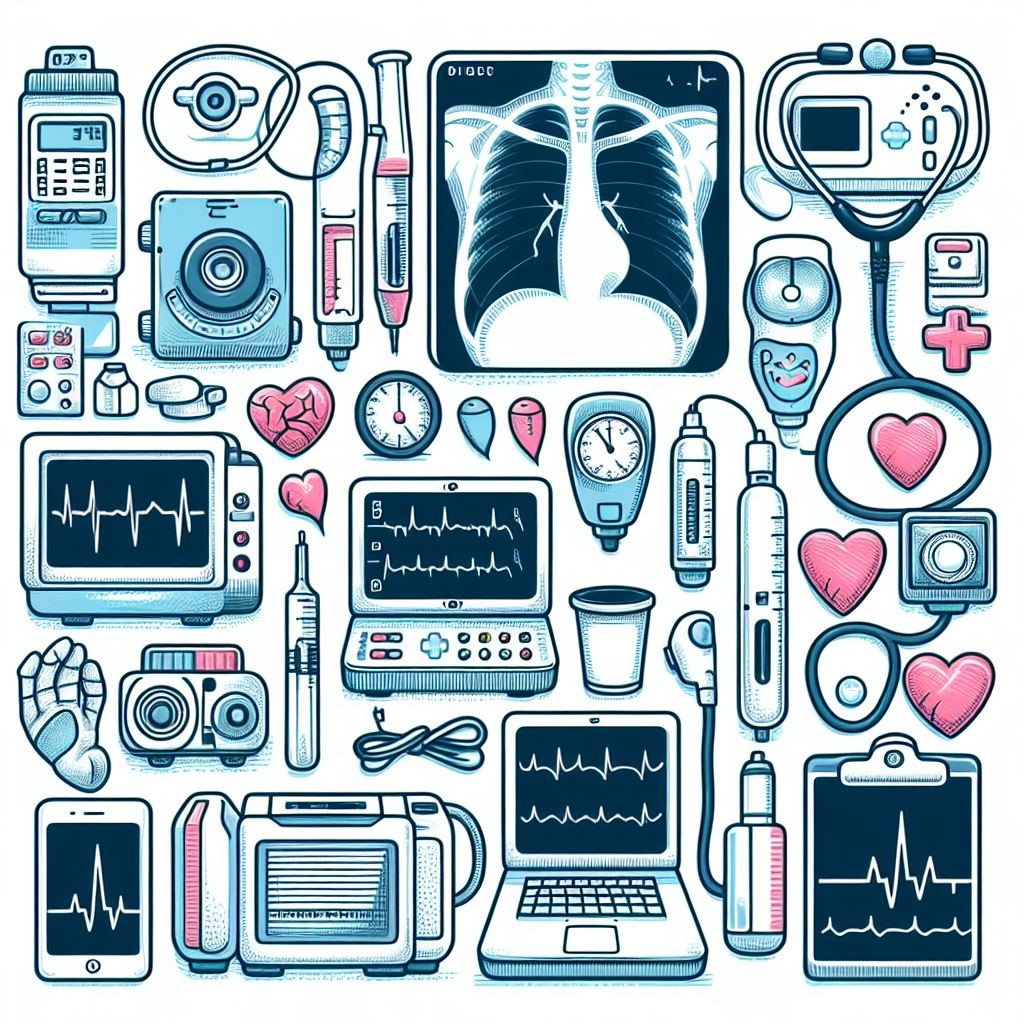In the ever-evolving landscape of healthcare, the Diagnostics and Medical Devices Industries play a pivotal role in advancing medical diagnostics, treatment, and patient care. Market research and analysis emerge as indispensable tools for companies operating in these sectors, offering valuable insights that drive innovation, enhance competitiveness, and contribute to improved patient outcomes.
Identifying Market Trends and Opportunities
Market research helps companies in the Diagnostics and Medical Devices Industries to stay abreast of emerging trends and opportunities. By understanding market dynamics, they can identify unmet needs, technological advancements, and changing healthcare policies, allowing for the development of innovative solutions that cater to evolving demands.
Customer Understanding and Needs Assessment
Thorough market analysis aids in gaining a deep understanding of customer needs and preferences. By conducting surveys, interviews, and analyzing customer feedback, companies can tailor their products to meet specific requirements, ultimately improving patient satisfaction and adherence to medical protocols.
Competitive Landscape Assessment
The Diagnostics and Medical Devices Industries are highly competitive, with numerous players vying for market share. Through market research, companies can evaluate the competitive landscape, identify key competitors, assess their strengths and weaknesses, and strategically position themselves to gain a competitive edge.
Regulatory Compliance and Risk Mitigation
Regulatory compliance is a critical aspect of the Diagnostics and Medical Devices Industries. Market research helps companies navigate the complex regulatory environment by staying informed about changing regulations, ensuring that their products adhere to quality standards, and mitigating potential risks associated with non-compliance.
Informed Decision-Making and Strategic Planning
Informed decision-making is vital for the success of any business. Through comprehensive market analysis, companies can make data-driven decisions that guide product development, marketing strategies, and overall business planning. This, in turn, enhances the likelihood of successful market entry and sustained growth.
Technology Adoption and Innovation
Technology is a driving force in the healthcare industry, and market research enables companies to assess technological trends and adopt innovations that can revolutionize diagnostics and medical devices. Staying at the forefront of technological advancements allows companies to offer cutting-edge solutions that improve patient care and outcomes.
Global Market Expansion
As healthcare becomes increasingly globalized, market research facilitates global market expansion. Understanding regional variations in healthcare needs, cultural preferences, and regulatory environments enables companies to tailor their products to diverse markets and expand their footprint strategically.
Optimizing Marketing and Branding Strategies
Effective marketing and branding are crucial for market penetration. Market research helps companies craft targeted and compelling marketing strategies, ensuring that their messaging resonates with healthcare professionals, patients, and other stakeholders. This enhances brand visibility and loyalty, contributing to long-term success.
One practical example


